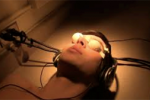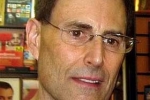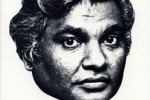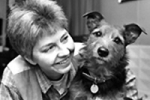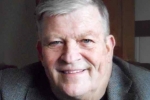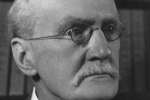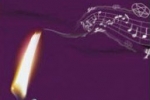A type of experiment that has proved to be an effective way to demonstrate the presence of ESP in the laboratory. This article describes the principle behind the method, the history of its development, and controversies over the claimed results.
ESP
Trinidadian psychic of Indian descent who participated in ESP and PK experiments with American researchers from the 1970s.
Describes research by British biologist Rupert Sheldrake that appeared to show a telepathic link between a dog and its owner, and the ensuing controversy.
Successful ESP dreaming experiments were carried out in a New York sleep laboratory between 1964 and 1978, sometimes producing close matches with target images.
Former US Army soldier who played a leading role as a remote viewer in the Star Gate psychic spying program run by American military and intelligence organizations until the 1990s.
Traditional Yogic and Buddhist teachings state that a person who attains a higher state of consciousness will manifest psychic powers (siddhis).
A statistical procedure used by parapsychologists that combines the results of studies in a particular area of research in order to provide a more robust finding.
Australian-British classics scholar (1866-1957), significant in the literature of psychical research for his striking success in informal telepathy experiments.
Explores the presence of music in ESP, mediumship and other paranormal contexts, for instance when heard in the absence of any apparent source.


